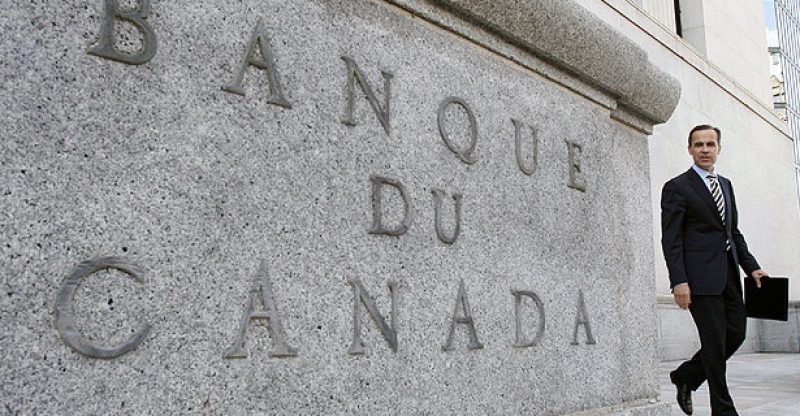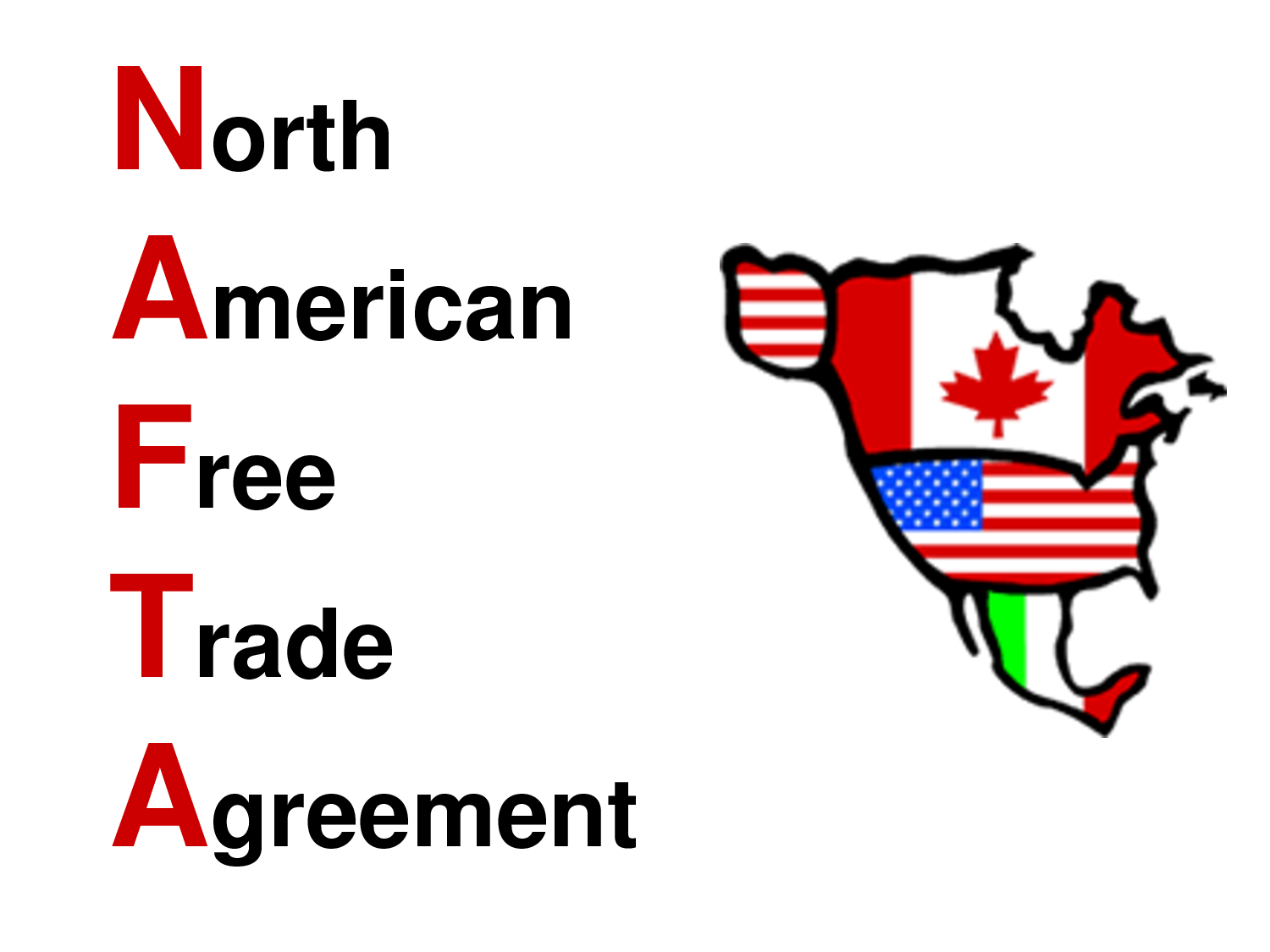Bank Of Canada Places Interest Rate At 0.5 Percent: Expects ‘substantial rebound’
In the first half of 2016, Canada’s economy was a major disappointment.
The case was similar to the performance of the United States. Global growth did not do any better.
Despite this, the Bank of Canada is remaining firm with its interest-rate stand, on Wednesday saying that it is ready to evaluate the heavy impact of the destructive Alberta wildfires against the expected boost from consumer spending and reacquired oil output.
However, that newfound optimism may still fail to convince governor, Stephen Poloz, and his monetary council to start pushing its influential lending level, which is presently at 0.5 percent, where it has been since July 2015, higher.
Many forecasters are not anticipating a change until next year.
Policymakers, in their closely watched statement, said: “While Canada’s economy shrank in the second quarter, the bank still projects a substantial rebound in the second half of this year.”
“Exports disappointed even after accounting for weaker business and residential investment in the United State, adjustments in the resource sector, and cutbacks in auto production,” the central bank said. “The economy is expected to rebound in the third quarter as oil production recovers, rebuilding commences in Alberta, and consumer spending gets an additional lift from Canada Child Benefit payments.”
Additionally, Poloz and his team admitted that the economy will enjoy the federal government’s infrastructure program once spending “starts to have more impact,” which will go a long way in aiding overall growth in the fourth quarter.
“Global growth in the first half of 2016 was slower than the bank had projected in its July Monetary Policy Report, although the bank continues to expect it to strengthen gradually in the second half of this year.”
Uncertainty still surrounds Canada’s housing sector as households continue to gather debt to purchase record high-priced homes, especially in Vancouver and Toronto.
The bank stated, “while there are preliminary signs of a possible moderation in the Vancouver housing market, financial vulnerabilities associated with household imbalances remain elevated and continue to rise.”
BMO Capital Markets claimed, “governor Poloz’s feet are firmly rooted on the sidelines, possibly until late next year.”
In a morning note to investors, BMO stated “The first upturn in export volumes in six months and some better U.S. numbers . . . should alleviate concerns about Canada losing its main growth engine, keeping the bank guardedly upbeat on (its) outlook.”
Many economists believe the third quarter of this year will see a rebound of about 3.5 percent in gross domestic product, after the wildfire-led contraction in the previous three-month period.





